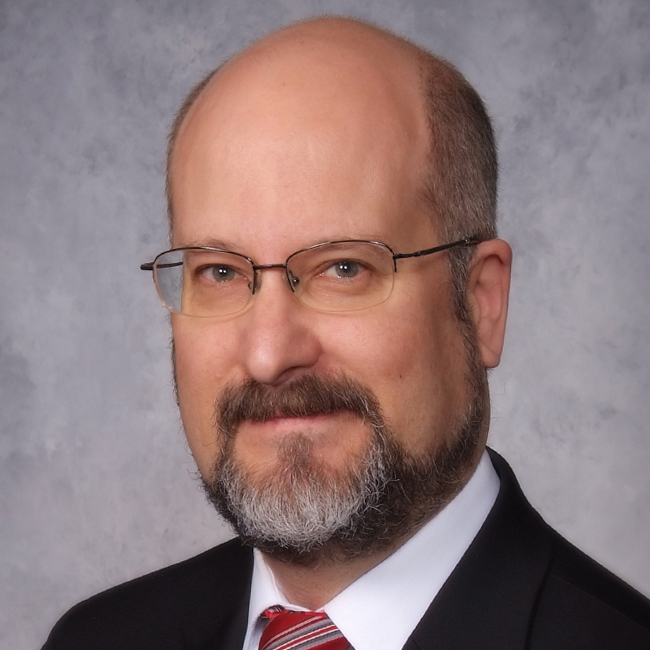New Ohio Law Adds Options to Keep Public Meetings Open Under Social Distancing Measures
- April 1, 2020 | By Patrick K. Wilson | COVID-19, Public Sector | Contact the Author

Sacrosanct in Ohio has been the requirement that Ohio’s public bodies must conduct their business in open meetings. This has always meant that the members of the public body must be present in the same room while members of the general public must be accorded access to that room.
The COVID-19 outbreak has caused us all to re-think how we do things to comply with social distancing. With the passage of substitute House Bill 197, the state legislature has amended Ohio Revised Code Section 121.221, commonly referred to as Ohio’s Sunshine Law.
The newly passed law allows Ohio public bodies to operate meetings electronically with the caveat that the public is both aware of the meeting and how it will be conducted and is given the ability to observe the meeting electronically.
This amendment was passed solely to address public bodies being able to meet without subjecting themselves and their constituents to the coronavirus.
It is important to note that the legislature wanted this amendment to exist only while the virus outbreak exists. Therefore, this amendment is one of the provisions of Sub. H.B. 197 with a sunset clause: it will no longer be effective as of December 1, 2020 or sooner if the Governor’s March 9, 2020 executive order is cancelled.
Options for the public meetings under the new law are the following:
- Teleconference but with some video feature;
- Video conference;
- Live streaming via the internet, e.g. Facebook and YouTube;
- Local radio, television, cable or public access channel.
Key to the public body meeting electronically is that the public be able to observe and hear the discussions and deliberations in real time.
The public body must give 24-hour advance notice of a virtual meeting. This notice is to be given by “reasonable” means, which is not defined. Likely to suffice would be the public body’s website along with notice to the local media.
Emergency meetings may also be held electronically, and notice for those must be “immediate and to the media” in lieu of 24-hour notice.
Those members of the public body who attend a meeting virtually/electronically will count toward the quorum and their votes will count.
The bottom line in Ohio now and through December 1 is that your public body may meet virtually/electronically with:
- Adequate notice;
- Access by the public;
- The ability of public body to interact with each other.
Follow these guidelines to the best of your ability and then your public body will be compliant with Ohio’s Sunshine Law.
______
Patrick Wilson is a lawyer in the Warren office of Harrington, Hoppe & Mitchell. He can be reached at pwilson@hhmlaw.com or (330) 392-1541.

